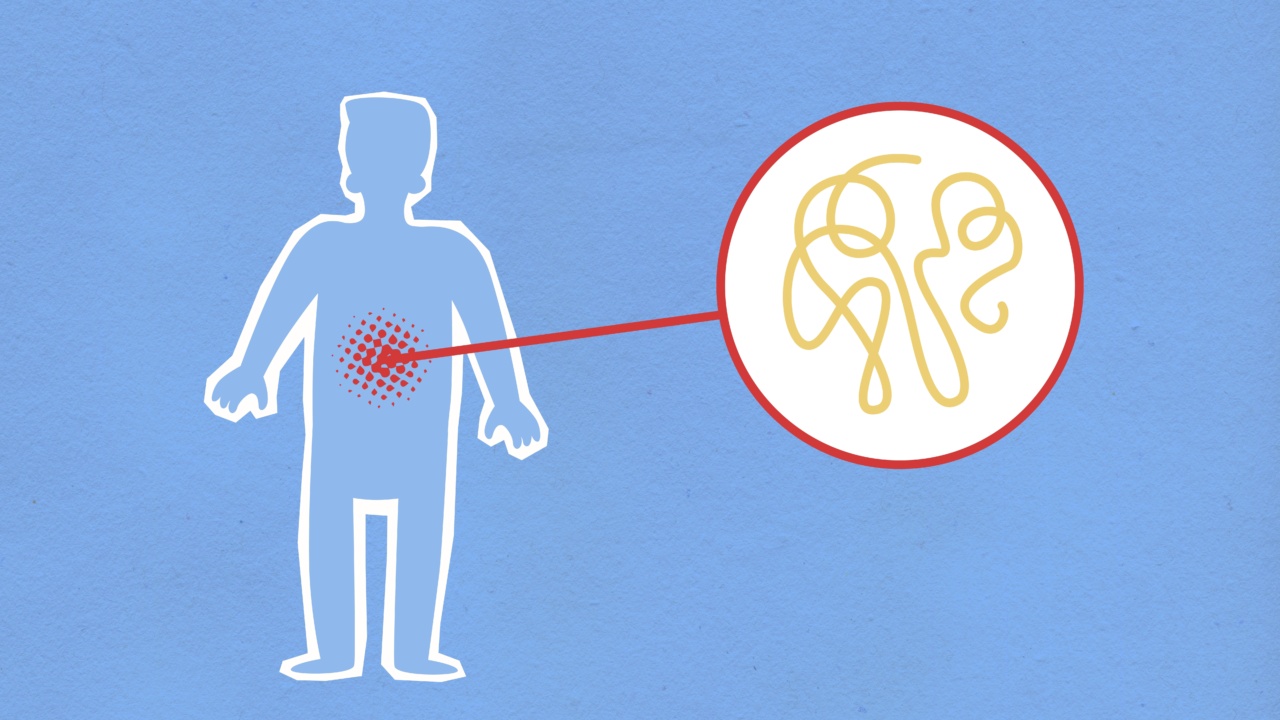Stomach pain can arise unexpectedly and vary in intensity depending on the underlying cause. It can be a minor inconvenience or a symptom of a more serious medical condition.
In this article, we will explore seven common reasons for sudden stomach pain and discuss how to identify and manage each condition.
1. Gastritis
Gastritis is the inflammation of the stomach lining. It can be caused by various factors, such as excessive alcohol consumption, prolonged use of non-steroidal anti-inflammatory drugs (NSAIDs), or infection by Helicobacter pylori bacteria.
The symptoms of gastritis may include sudden stomach pain, nausea, vomiting, and a feeling of fullness.
To manage gastritis, it is important to identify and address the underlying cause.
Avoiding trigger foods, reducing alcohol consumption, and taking prescribed medications, such as proton pump inhibitors or antibiotics for bacterial infections, can help alleviate symptoms and promote healing of the stomach lining.
2. Gastroenteritis
Gastroenteritis, commonly known as the stomach flu, is an inflammation of the gastrointestinal tract caused by viral or bacterial infections. It can result in sudden stomach pain, diarrhea, vomiting, and fever.
Gastroenteritis is highly contagious and spreads through contaminated food, water, or close contact with an infected individual.
To manage gastroenteritis, it is crucial to stay hydrated by drinking plenty of fluids and consuming electrolyte-rich solutions. Resting and refraining from solid foods for a period of time can also help the digestive system recover.
In severe cases, medical intervention may be required to prevent dehydration.
3. Gallstones
Gallstones are hardened deposits that form in the gallbladder. They can cause sudden and severe stomach pain, known as biliary colic, which is typically experienced in the upper right abdomen.
The pain may be accompanied by nausea, vomiting, and jaundice.
Treatment options for gallstones vary depending on their size and symptoms. While small gallstones may not require intervention, larger ones may necessitate surgical removal of the gallbladder.
Dietary modifications, such as reducing fat intake, can also help manage symptoms and prevent further complications.
4. Appendicitis
Appendicitis is the inflammation of the appendix, a small organ located in the lower right abdomen. It is characterized by sudden and intense stomach pain that often begins around the naval area and migrates to the right side.
Other symptoms may include nausea, vomiting, fever, and loss of appetite.
Since untreated appendicitis can lead to a ruptured appendix and potentially life-threatening complications, immediate medical attention is crucial. Appendicitis is typically treated with surgical removal of the inflamed appendix.
5. Kidney Stones
Kidney stones are hard deposits that form in the kidneys. When they pass through the urinary tract, they can cause sudden and severe flank pain, which may radiate to the lower abdomen.
Other symptoms may include blood in the urine, frequent urination, and cloudy urine.
Most small kidney stones will pass naturally with increased fluid intake, pain medications, and the use of specific medications to facilitate stone passage.
However, large or complex kidney stones may require medical intervention, such as extracorporeal shock wave lithotripsy (ESWL) or surgical removal.
6. Peptic Ulcers
Peptic ulcers are open sores that develop in the lining of the stomach or upper portion of the small intestine. They can be caused by long-term use of NSAIDs, infection with H. pylori bacteria, or excessive acid secretion.
Symptoms may include sudden stomach pain, indigestion, heartburn, and bloating.
Treatment for peptic ulcers involves addressing the underlying cause and helping the ulcers heal. This may include medications to reduce stomach acid production, antibiotics to eradicate H.
pylori infection, and lifestyle changes, such as avoiding trigger foods and minimizing stress.
7. Irritable Bowel Syndrome (IBS)
Irritable Bowel Syndrome is a chronic gastrointestinal disorder that can cause sudden stomach pain, bloating, diarrhea, and constipation.
The exact cause of IBS is unclear, but it is believed to involve abnormal muscle contractions in the intestines and heightened sensitivity to certain stimuli.
Management of IBS typically involves dietary modifications, stress reduction techniques, and medications to alleviate specific symptoms.
Keeping a food diary and identifying trigger foods can help individuals minimize symptom flare-ups and improve their quality of life.





























